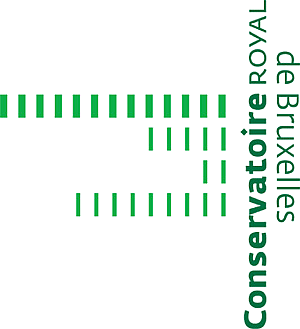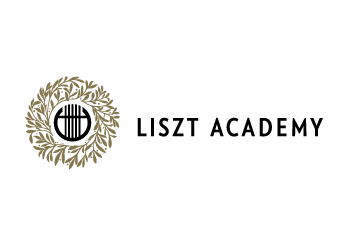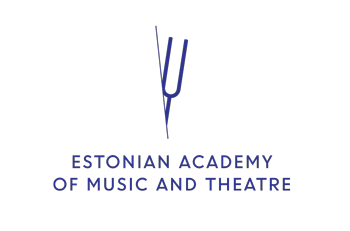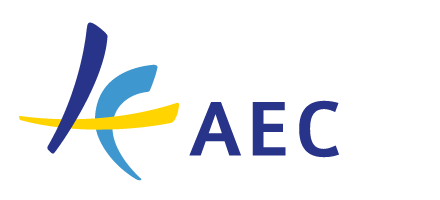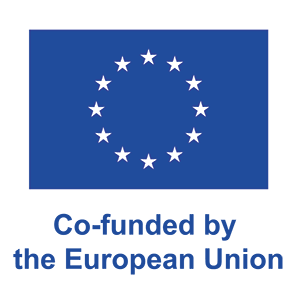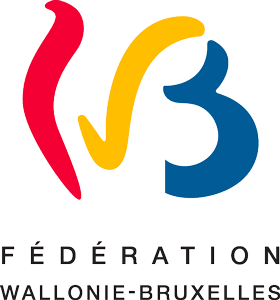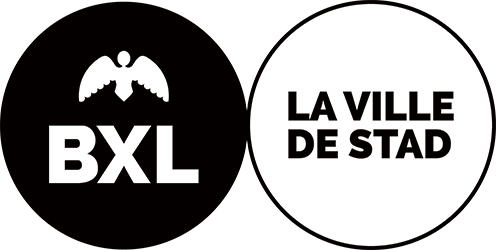Further information
-
assessment
Comprehensive exam CE , Other (Homework 25%, Quizzes 25%, Midterm Project 25%, Final Pproject 25%) -
level
Intermediate, Advanced, Other (Contrapuntal Principles and Practice is a one-semester course offered to all students in the Master’s degree program.) -
 Completed SemesterBoth Semesters
Completed SemesterBoth Semesters -
How many semesters does the course last?
2 -
hours per week
100' /week (15 weeks/semester) -
 Link of the course
Link of the course -
 Target group of courseInstrumentalists, advanced
Target group of courseInstrumentalists, advanced
Music theory students, advanced -
 credits2
credits2 -
 Type of CourseLecture, Seminar, Practice
Type of CourseLecture, Seminar, Practice -
Degree Level
Master -
Course
Optional -
students #
6-15 students -
Hours per year
50 -
BIBLIOGRAPHY
- Ernst Krenek, Studies in Counterpoint Based on the Twelve-Tone Technique (Schirmer, 1940)
- Ernst Krenek, Tonal Counterpoint (Boosey and Hawkes, 1958)
- Walter Piston, Counterpoint (Norton, 1982)
- Charles Seeger, Studies in Musicology II: 1929-1979 (University of California Press, 1994)
-
ONLINE CATALOGUE
WITH CONTENTS -
evaluation grid
-
evaluation grid
and document
Teacher(s)
Matthias TRUNIGER
current position
Full-time faculty in music theory
Institution
New England Conservatory
Be a part of our european project !
This European project (KA 203 Strategic Partnership) created by Salvatore Gioveni promotes cross-border collaboration in the field of Music Theory through sharing knowledge and transferring pedagogical innovation. It thus responds to a lack of centralised source and framework to deepen reflection by means of cross-disciplinary study at European and international level.
There is a significant wealth of educational practices from one country to another in this sector, especially in terms of harmonic musical notation and analysis. However, HMEI's are facing the nonexistence of a European network for pedagogical staff in Music Theory so far. To improve the situation, the project will among other things develop several intellectual outputs such as Online Platform (IO 1), an EU Bibliography (IO 2), a Repository Courses (IO 3), a Multilingual Glossary (IO 4) and an Exchange Online Learning Platform.
Besides the Conservatoire royal de Bruxelles as leader and manager of the project, the following partner institutions are involved: Music Academy S. Moniuszki Gdańsk (Gdańsk, Poland), F. Liszt Academy of Music Budapest (Budapest, Hungary), Estonian Academy for Music and Theatre (Tallinn, Estonia), HfMTh "Felix Mendelssohn Bartholdy" (Leipzig, Germany).
 | 2024
| 2024
